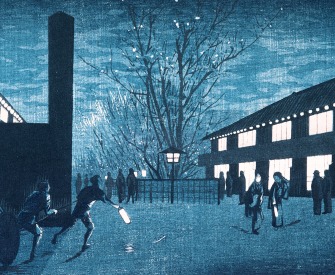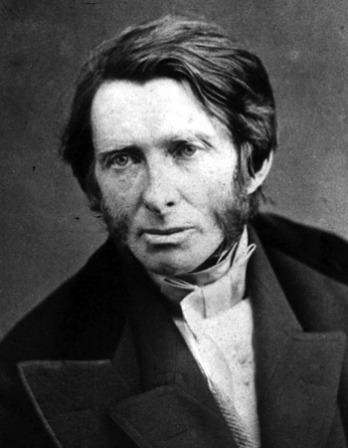Fountains are a great beauty and refreshment; but pools mar all and make a garden unwholesome and full of flies and frogs.
Fountains I intend to be of two natures: the one, that sprinkleth or spouteth water; the other, a fair receipt of water of some thirty or forty foot square, but without fish or slime or mud. For the first, the ornaments of images gilt, or of marble, which are in use, do well; but the main matter is so to convey the water, as it never stay either in the bowls or in the cistern, that the water be never by rest discolored, green, or red or the like, or gather any mossiness or putrefaction. Besides that, it is to be cleansed every day by the hand. Also, some steps up to it, and some fine pavement about it, doth well. As for the other kind of fountain, which we may call a bathing pool, it may admit much curiosity and beauty, wherewith we will not trouble ourselves, as that the bottom be finely paved, and with images, the sides likewise, and withal embellished with colored glass and such things of luster, encompassed also with fine rails of low statues. But the main point is the same, which we mentioned in the former kind of fountain, which is that the water be in perpetual motion, fed by a water higher than the pool and delivered into it by fair spouts, and then discharged away underground, by some equality of bores, that it stay a little. And for fine devices of arching water without spilling and making it rise in several forms (of feathers, drinking glasses, canopies, and the like), they be pretty things to look on but nothing to health and sweetness.
From “Of Gardens.” “God Almighty first planted a garden,” reads the opening line of Bacon’s essay, which reveals both his devout Protestantism and his spiritual devotion to gardens, where the “breath of flowers” can be enjoyed. In 1576 Bacon moved to France to serve the English ambassador. In between his menial daily duties, Bacon examined the palatial gardens in Paris and the Loire Valley, later designing gardens for his many residences, including his two country estates in Twickenham and Gorhambury.
Back to Issue





